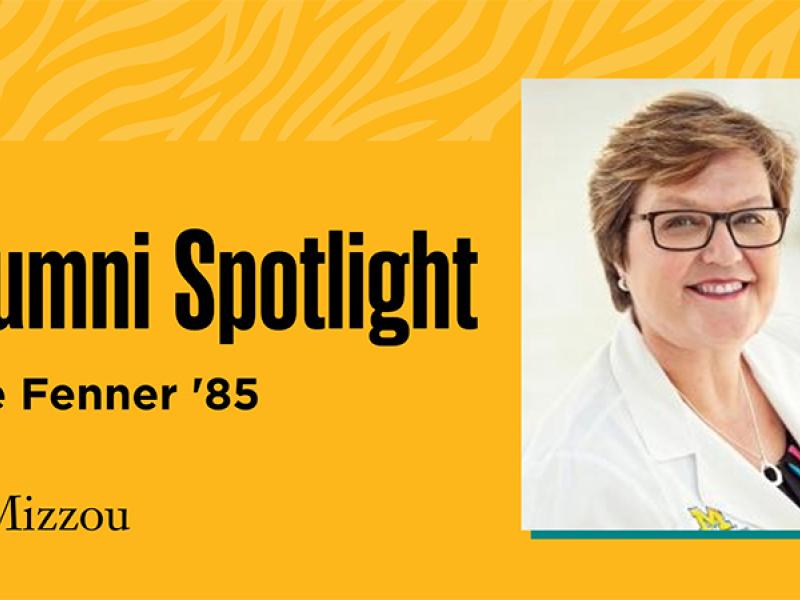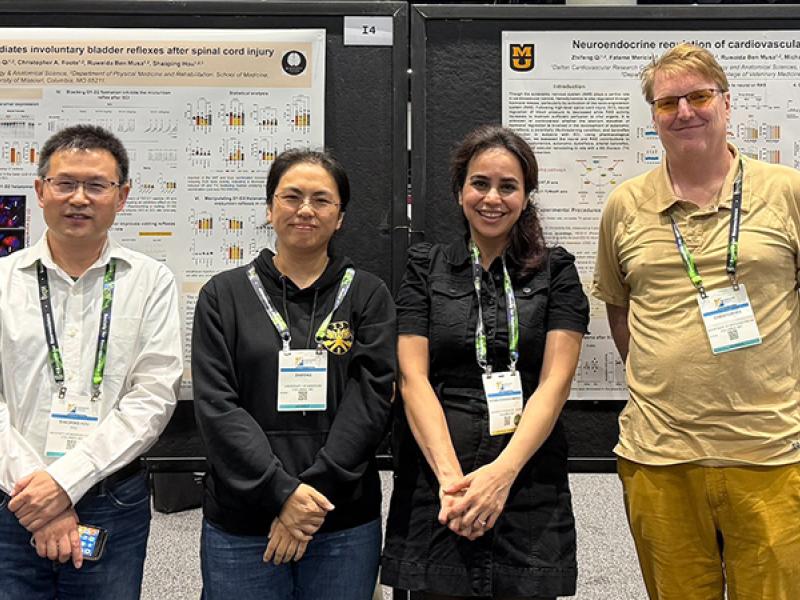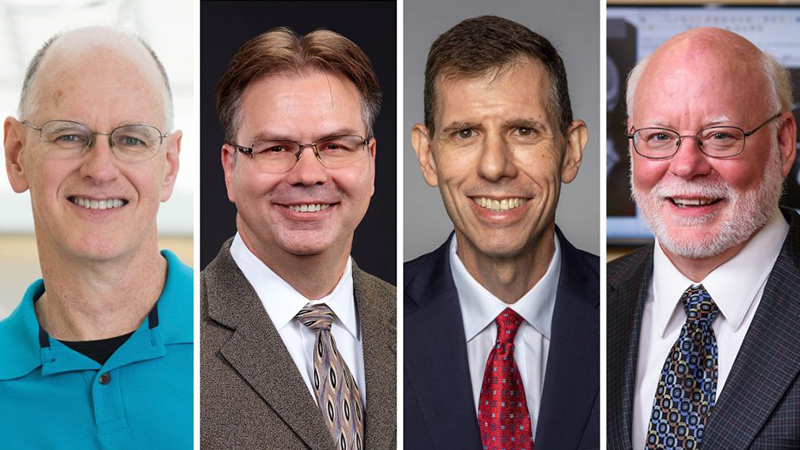
Donald Burke-Agüero, PhD, and Richard J. Sherwood, PhD, were one of four University of Missouri professors named 2024 AAAS Fellows, announced on Thursday, March 27, by the American Association for the Advancement of Science.
University of Missouri researchers are constantly pushing the boundaries of science to drive breakthroughs that transform lives. Their relentless curiosity fuels discoveries that shape the future of Missouri and beyond.
Burke-Agüero and Sherwood joined Felix Fritschi, PhD, and Scott H. Holan, PhD, as four Mizzou researchers who were recognized as 2024 fellows for their distinguished efforts in advancing various fields of science.
AAAS is the world’s largest general scientific society and publisher of the journal Science. Founded in 1848, the nonprofit fulfills its mission to advance science and service society through initiatives in science policy, international programs, science education and public engagement.
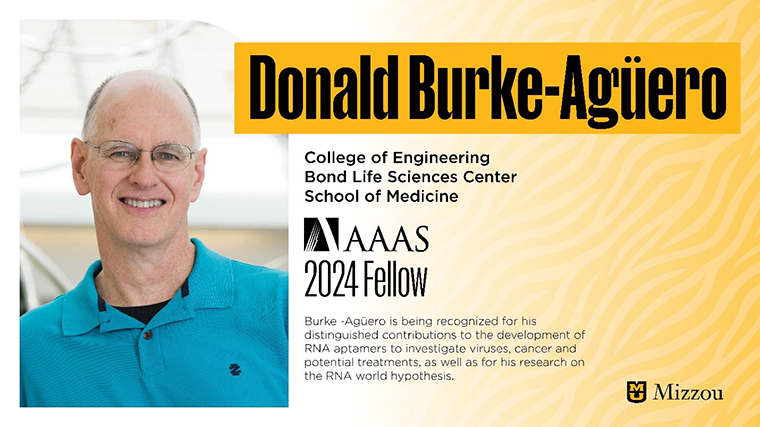
Donald Burke-Agüero
Burke-Agüero is being recognized for his distinguished contributions to the development of RNA aptamers to investigate viral and cancer biology and as therapeutic agents, as well as for his research on the RNA world hypothesis.
Burke-Agüero studies the many roles of RNA, which does more than just help copy genetic information. He uses biology, chemistry and computer tools to find RNA molecules that could help guide stem cell growth or create metabolism. His work has also led to RNA-based tools that help scientists understand how life may have first evolved.
“I have always loved exploring the edges of what is possible,” Burke-Agüero said. “This recognition motivates me to continue to innovate and engineer biomolecules that enable new biologies and new biomedicines. In my 20 years at Mizzou, it has been especially exciting to work on interdisciplinary projects with colleagues from many different colleges and departments.”
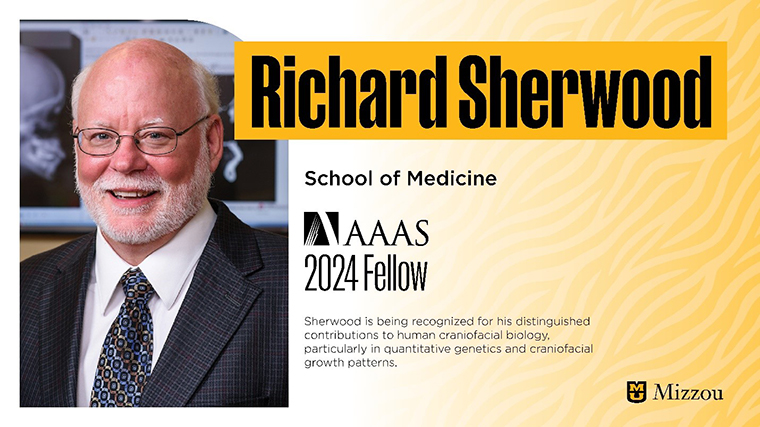
Richard Sherwood
Sherwood is being recognized for his distinguished contributions to human craniofacial biology, particularly in quantitative genetics and craniofacial growth patterns.
Sherwood studies the growth and development of the human face and skull. His research aims to create models that help doctors determine the optimal timing for treatments. He leads the Craniofacial Growth Consortium Study, the world’s largest longitudinal study on normal craniofacial growth, focused on developing novel growth prediction methods for the human craniofacial complex.
“My career has spanned a wide array of topics from the social sciences to biomedical research,” Sherwood said. “Since arriving at Mizzou nine years ago, I have been able to leverage my diverse experiences into building a broad research and training program, including establishing the Craniofacial Research Center. I received a warm welcome upon my arrival and rapidly became involved in many research projects across multiple disciplines. I am particularly proud of my work helping young faculty learn to navigate the academic landscape and secure funding as they build their career.”
This story originally appeared on ShowMeMizzou.com on Thursday, March 27, 2025.



